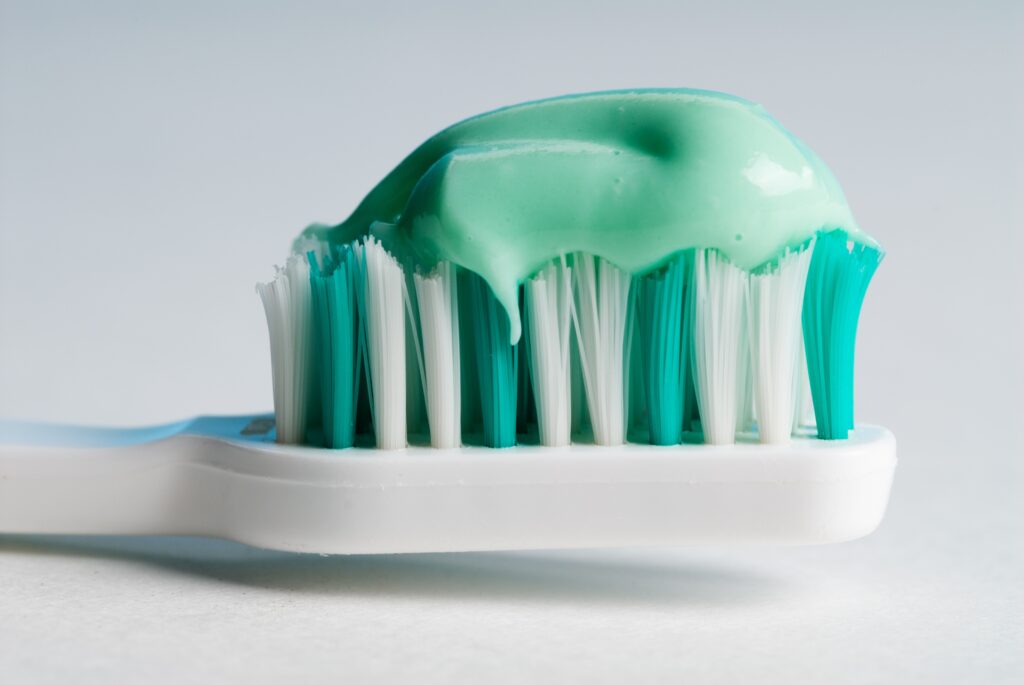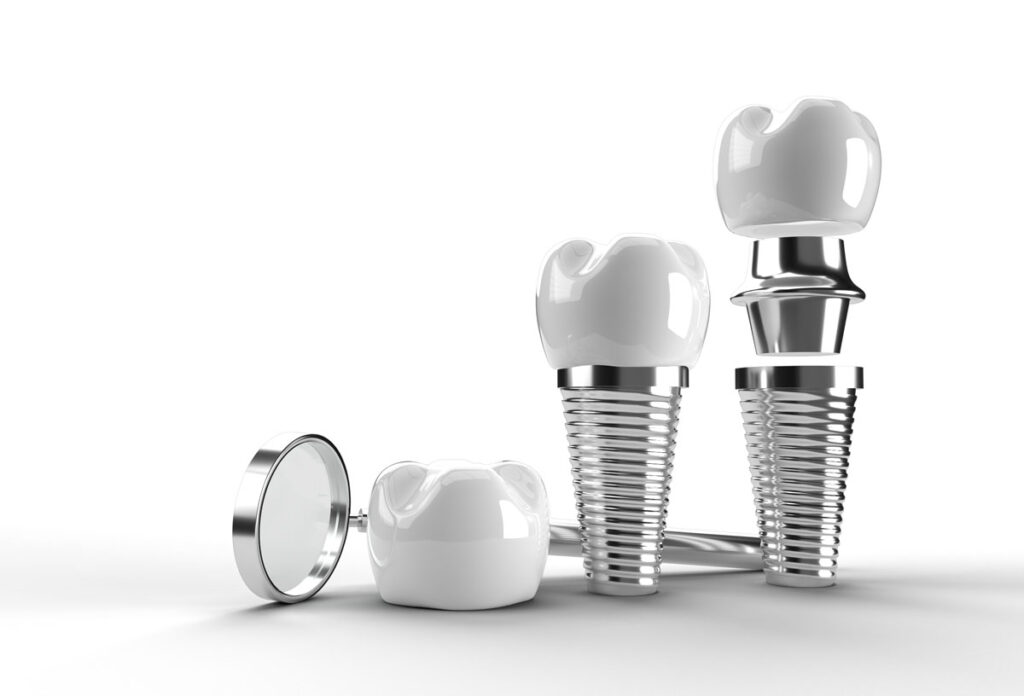Updated: 2/18/2020
Do you sometimes get a bitter taste from eating dark chocolate or olives? Or that bitter feeling that occurs when drinking your daily cup of coffee? Researchers may have found a solution to isolate the pleasant tastes and eliminate the bitter ones.
Study on Bitterness and the Mouth
Scientists have recently discovered a way to prevent tasting the bitterness in food by going directly to the source, the TAS2R taste buds, according to new research published in The Journal of the American Dental Association. Probenecid, also known as p-benzoic acid, is a newly discovered chemical with certain properties that can inhibit tasting bitterness. This chemical compound changes the shape and function of the enzyme when combined with that enzyme – in this case, the “bitter” taste buds.
Researchers discovered these properties by applying this new compound to the “bitter” taste buds and watching how the chemical changed the “bitter” receptors at their core. During the tests they had patients use this chemical compound as a mouthwash, by rinsing their mouths with it, in order to conclude how effective it was. Joseph B. Rucker, PhD, the director of research and development at biotechnology company Integral Molecular, said, “Probenecid’s mechanism of action makes it a useful tool for understanding how bitter receptors function, this knowledge will help us develop more potent bitter taste inhibitors.”
The “Bitter” Taste Bud
The most sensitive of all the tastes is, by far, bitterness. The “bitter” taste buds, TAS2Rs, are a sub-family of taste receptors that deal with bitterness, while the TAS1Rs deal with sweetness. These taste buds are generally believed to be at the very back of the tongue’s surface, near the beginning of the throat. Most of the time, the bitter taste is temporary and will go away quickly, but you do need to be careful and aware when you do sense bitterness, as it could possibly have been something spoiled or even poisonous.
However, if you consistently taste bitterness, you may suffer from a condition called dysgeusia. This simply means that you have a temporarily distorted sense of taste, in which everything you eat or drink is a bitter or bad. This might occur from eating something very strong, very spicy, or from smelling something foul that interfered with the normal tasting process. There is also a smaller chance that consistently tasting bitterness may be caused by a more serious medical issue like infection. If it continues for a long period of time or gets worse, you should see a medical professional promptly for a complete diagnosis.
How Taste Buds Work
Taste buds are the cells on your tongue that give you all the different senses of taste: sweet, salty, sour and bitter. A person has about 10,000 taste buds on the tongue at birth, but that number actually shrinks the older you get. This explains why an elderly person can typically handle more spicy or intense foods than a child can. These taste receptors are made of papillae, which are the little bumps visible on the surface of your tongue. Inside these papillae are many chemoreceptor cells, the function of which is to sense different tastes. Those cells help convert the chemical signals in the food into electrical signals that the body’s nervous system can process. Three nerves are used to tell the brain what you are tasting: the facial nerve, the glossopharyngeal nerve, and the vagus nerve. Each of these nerves serves a different part of the tongue or throat. Those nerves send information to the brain that helps you taste, and savor, all of your favorite foods.
Though some may enjoy the bitter after-taste of some of their favorite foods, many could do without it. Taste buds are made of complex cells that scientists still do not completely understand. However, if it ever becomes a commercial product, the new ‘Bitter Blocker’ concept may help you enjoy some of your favorite foods in a whole new way.






